Protectionist measures are gaining momentum globally with the EU, Vietnam, and Türkiye taking steps against HRC imports, including from India. This comes as a matter of concern for India. The European Commission initiated an anti-dumping investigation targeting HRC imports from Egypt, India, Japan, and Vietnam following a complaint by the European Steel Association (EUROFER). The investigation aims to determine whether these imports are harming the EU's domestic industry by being sold at low prices. The complaint also raises concerns about potential raw material distortions that could give producers in India and Vietnam an unfair advantage.
Meanwhile, Vietnam's Ministry of Industry and Trade (MOIT) has also launched an anti-dumping investigation into HRC imports from China and India following a petition by major Vietnamese steel producers Formosa Ha Tinh and Hoa Phat.
Türkiye has imposed provisional anti-dumping duties on HRC imports from China, India, Japan, and Russia, with final duties expected to be approved in a few months. The preliminary duties on Indian producers range from 11.6% to 18.3%, which could significantly impact export volumes.
India's HRC exports are on a downward trajectory with the 2023 volume down 10% y-o-y to 2.94 million tons. This compares to 3.26 million tons in 2022 and 6.42 million tons in 2021. The EU was the largest market for Indian HRCs, accounting for 55% of exports in 2023, followed by Vietnam with 11% and Türkiye with 2%.
Leading Indian steelmakers such as JSW Steel, JSPL and Tata Steel were the main exporters to these regions. However, the imposition of anti-dumping duties could significantly reduce India's export potential in the medium to long term. With India's HRC capacity set to increase by around 20 million tons by 2025 and domestic demand unlikely to rebound sharply, Indian mills may face significant challenges in maintaining cost efficiency and profitability.


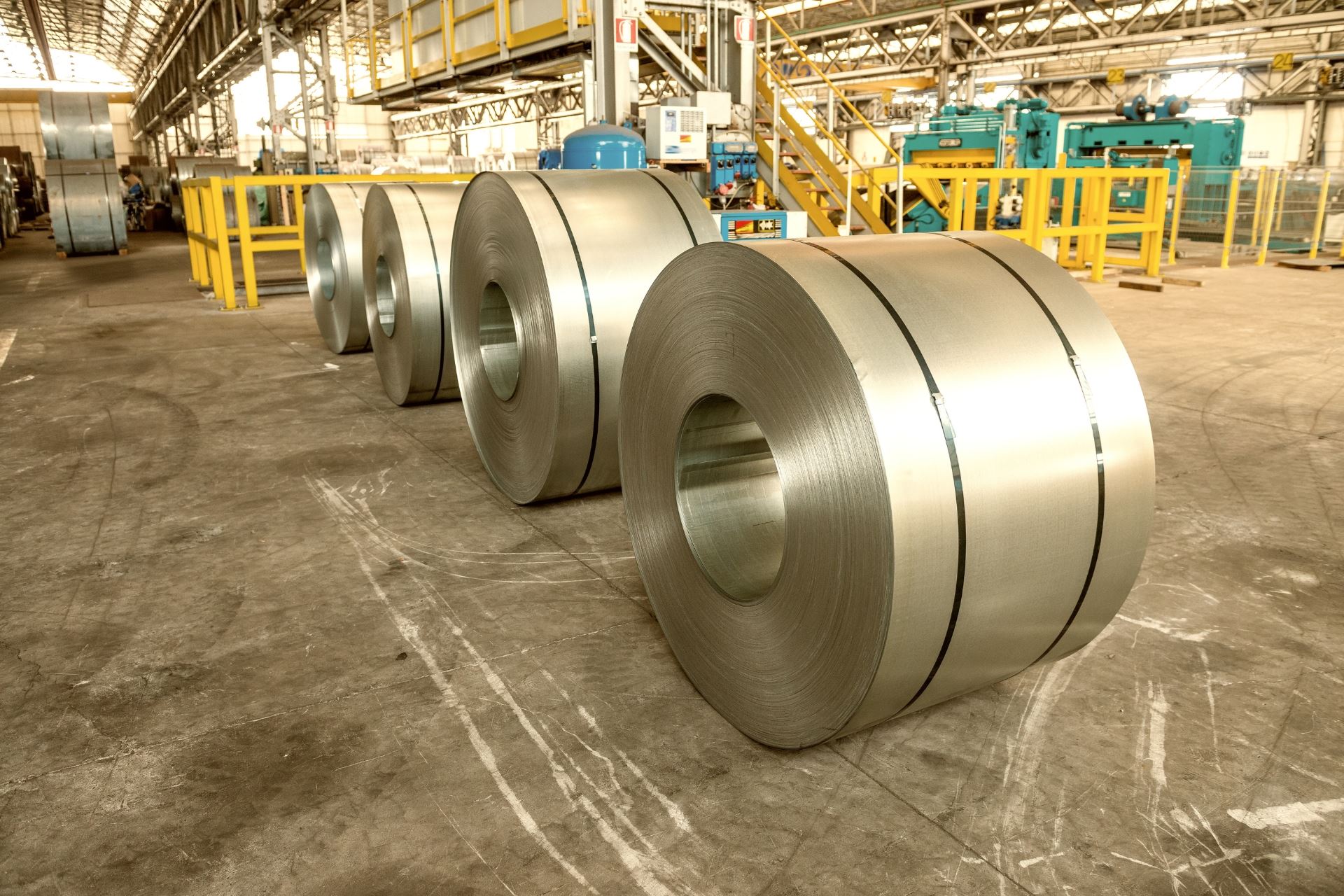
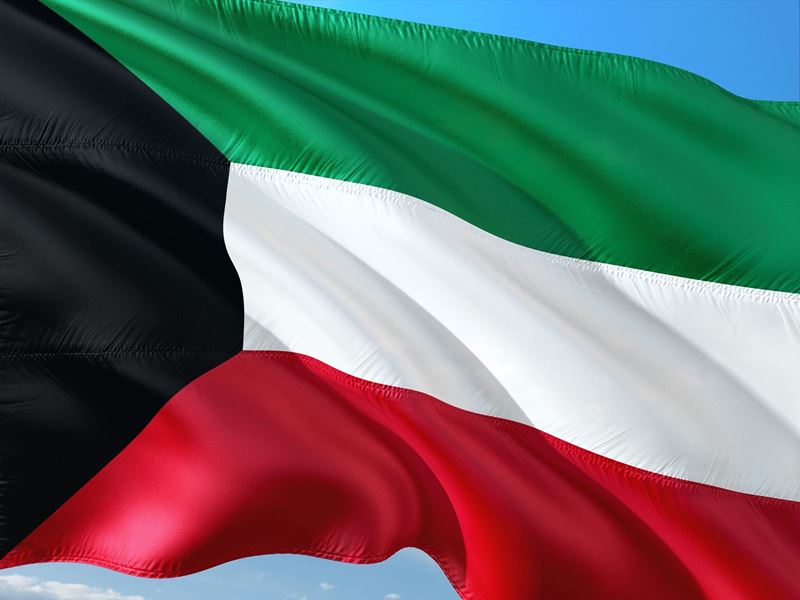
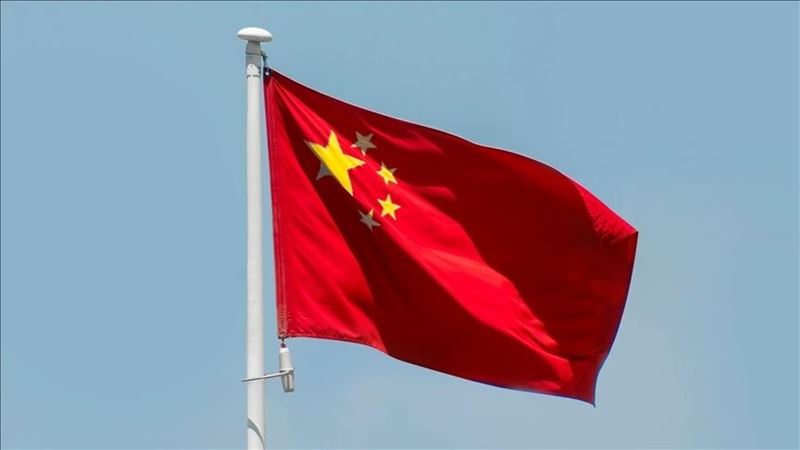
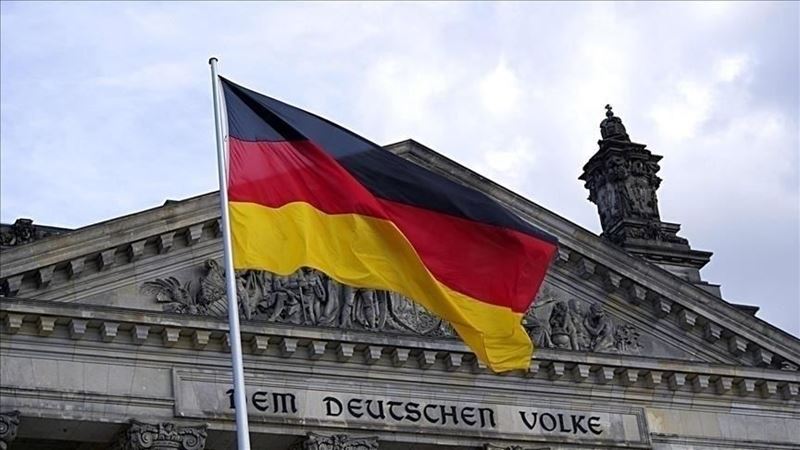
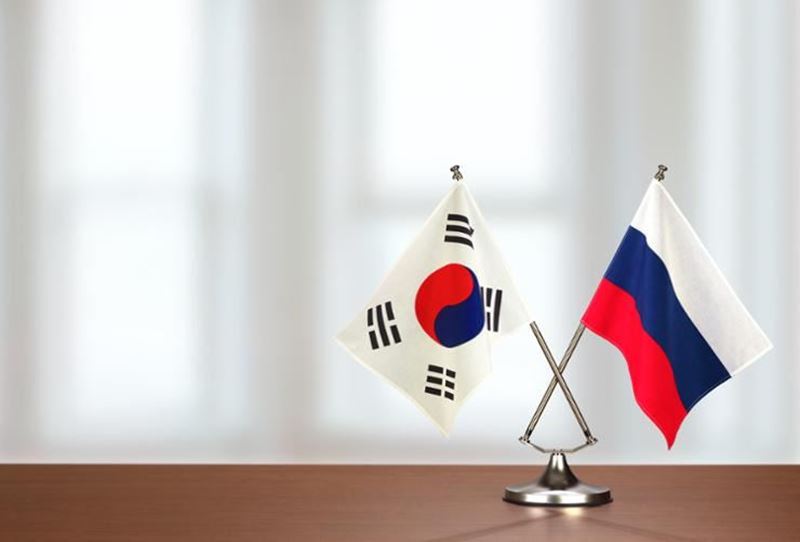


Comments
No comment yet.